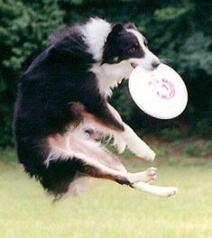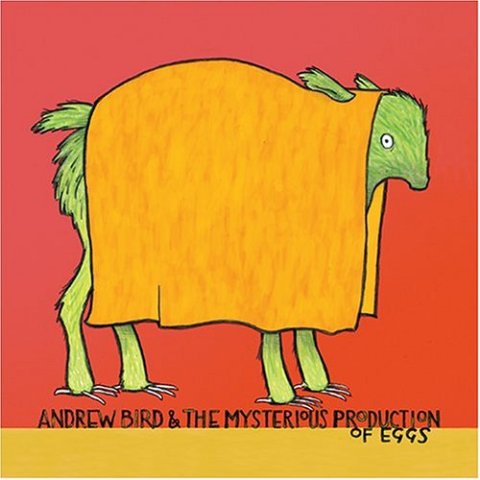I posted this piece a little over a year ago. But as I’ve been feeling “all work and no play”, I thought it worth a repeat performance. Sometimes you need reminding to make play a priority. So I’ll leave you with this, as I’m off … to play now!
The Importance of Playtime
 When was the last time you jumped up and down like a kid, or played frisbee in the rain … just for the fun of it? If you have, you’re better off. If you haven’t, maybe it’s time!
When was the last time you jumped up and down like a kid, or played frisbee in the rain … just for the fun of it? If you have, you’re better off. If you haven’t, maybe it’s time!
I recently saw bits and pieces of a TV documentary about the power of play. It showed images of wild animals, who might normally be mortal enemies, engaged in play. And children, of course, using all their natural talent for having a good time.
The essential message though, was that play is not just for fun. And it’s not just for kids or animals. It’s actually really, really good for you.
And when you think of it, who doesn’t like to play? I know I do. And knowing that it’s vitally beneficial for our well-being, makes it even more inviting.
But sometimes we adults can get so darn serious, or acquire some heavy sense of self-importance, or feel so burdened with the weight of our individual worlds (not to mention the world at large) that we don’t make room, or forget to make time, or heaven forbid lose the ability, to be playful.
By continuing to “play” throughout our lives though, we increase our brain’s learning capacity and become more productive. We’re more balanced, happier and well adjusted. We work better, and we live better. And seriously, it’s a lot more fun.
As Stuart Brown talks about in the video below, “play” seems to be its own separate biological entity. It’s inborn. It has a great evolutionary purpose. And this I believe to be 100% true. Yet there really is no particular purpose to play other than the purpose TO play. The point is to have fun. And the benefits are in the side-effects: pure, unplanned, and positively life-giving.
Dr. Stuart Brown’s research shows play is not just joyful and energizing — it’s deeply involved with human development and intelligence. Through the National Institute for Play, he’s working to better understand its significance.





 When was the last time you jumped up and down like a kid, or played frisbee in the rain … just for the fun of it? If you have, you’re better off. If you haven’t, maybe it’s time!
When was the last time you jumped up and down like a kid, or played frisbee in the rain … just for the fun of it? If you have, you’re better off. If you haven’t, maybe it’s time!